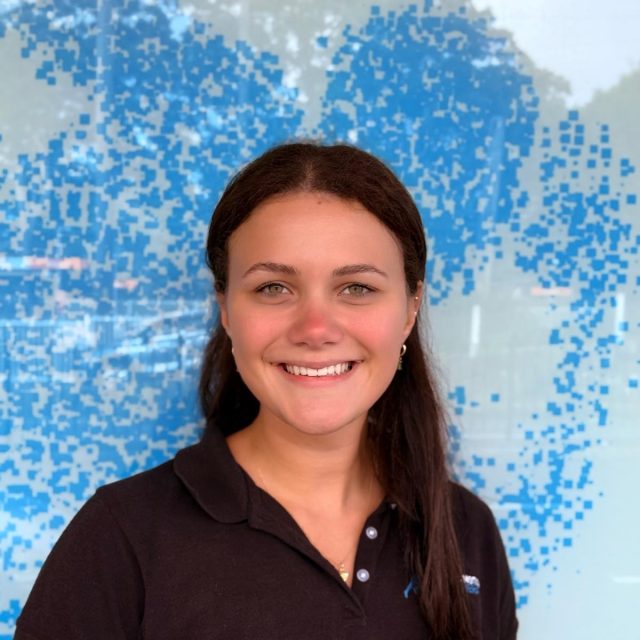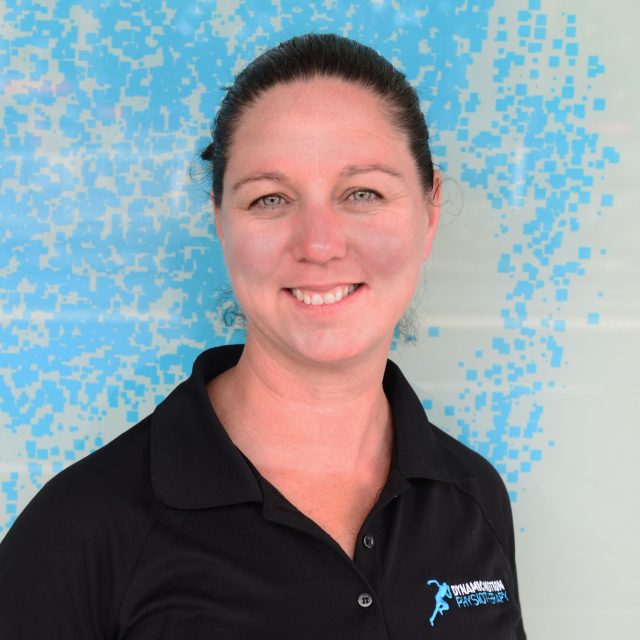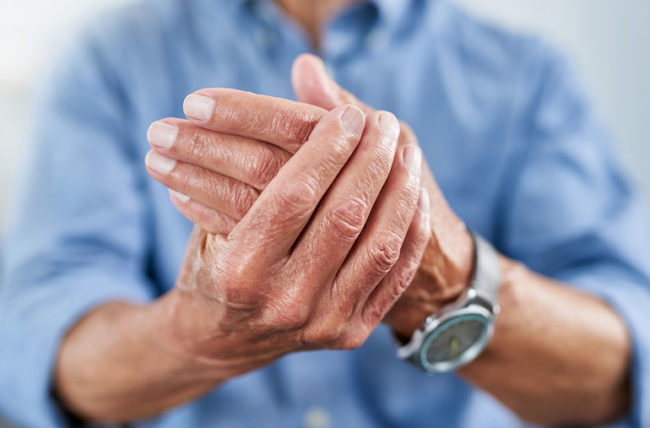What is Arthritis?
Arthritis refers to changes in our joints that cause pain and stiffness. There are many types of arthritis. The most common form that most people think of is osteoarthritis.
Osteoarthritis occurs because of ‘wear and tear’ to the joint cartilage over time, causing it to thin out and reduce the cushioning effect within your joint. This is very common in joints such as
the knees and hips. It typically develops as we get older and tends to create stiffness and pain, particularly with weight bearing. Other types of arthritis involve an inflammatory component where the process is driven by chemical changes in the body, such as rheumatoid arthritis.
What can I do about it?
This is where people often tend to think about joint replacement surgery. However, this is a very invasive surgery with a long recovery time and surgeons usually suggest that conservative (non-surgical) management should be trialed first. This is where exercise comes in. Exercise, in particular strength training, is shown to have a big positive impact on arthritic pain. Reducing body weight is also helpful. As little as 10% weight loss has been shown to have a significant effect on pain. Often arthritis gets us stuck in a pattern of declining activity, where we begin to get less mobile This causes gradual loss of strength and often results in us gaining weight, which both promote worsening of symptoms. Reversing this process through the correct exercise plan is a huge part of recovery. It is also well evidenced that improving muscle strength prior to surgery will improve our outcome if we ever decide to take that route. If pain is a big issue, getting started can be quite challenging. Beginning with short sessions is a good idea, as is choosing exercise involving less weight-bearing such as cycling, water-based exercises or those done lying down.
If you are unsure of where to begin or have any questions, feel free to book online with one of our exercise physiologits or give us a call and we can help you get started!
-
Jess MerciecaExercise Physiologist

-
William PerrettExercise Physiologist

-
Deb EvenissExercise Physiologist

Jess Mercieca
Jess Mercieca
Jess gained further experience working in a private hospital, seeing patients post-operatively and assisting in their recovery through a combination of gym-based exercise and hydrotherapy. Furthermore, Jess treated patients with chronic pain, muscle atrophy and cancer.
Jess ensures each client is treated as an individual with consideration of the various lifestyle and psychological factors that interplay with recovery. Her focus is to empower people through exercise and guide them towards self management.
Outside of work Jess is interested in strength training, swimming and hiking and enjoys the beach nearby her home.
William Perrett
William Perrett
Will is an accredited Exercise Physiologist who completed his Master of Clinical Exercise Physiology at the University of Technology Sydney. Through clinical placement, Will gained extensive experience in age-related conditions, working with older adults to learn the benefits of resistance training in maintaining strength and balance. Will also obtained an insight into neurological conditions as he completed a placement in a specialised clinic working with conditions such as spinal cord injury, stroke and MS.
Prior to becoming an exercise physiologist, Will has worked as a learn to swim instructor and squad swimming coach where he developed his passion for teaching others. In this role, Will gained extensive experience working with children and people of all ages. Will believes that exercise is for everyone and that it’s never too late to get started. He is passionate about helping people improve their health and their lives through the power of exercise.
Outside of work, Will pursues his own goals in running, swimming, triathlon and strength training. He is always pushing towards a new personal best and looks forward to helping you reach yours.
Clinical special interest areas- Strength and conditioning, Paediatrics, Older adults.

Deb Eveniss
Deb Eveniss
Deb began her health and fitness career working as a personal trainer after obtaining her Certificate III and IV in Fitness. Here she developed a keen interest in healthy aging, falls prevention and cancer and exercise. Deb then decided to further her knowledge and experience by further study and becoming an exercise physiologist.
Deb has a keen interest in helping those with cancer, neurological conditions such as MS, HD, PD and stroke and brain injury survivors. More recently she has been researching and treating fatigue conditions including Long Covid, ME/CFS, POTS and EDS. Deb strongly believes that “movement is medicine” and wants to help people enjoy all that safe and healthy movement can bring.
In her spare time Deb is heavily involved in parkrun, soccer, trail running, hiking, kayaking and raising two very busy teenagers.

